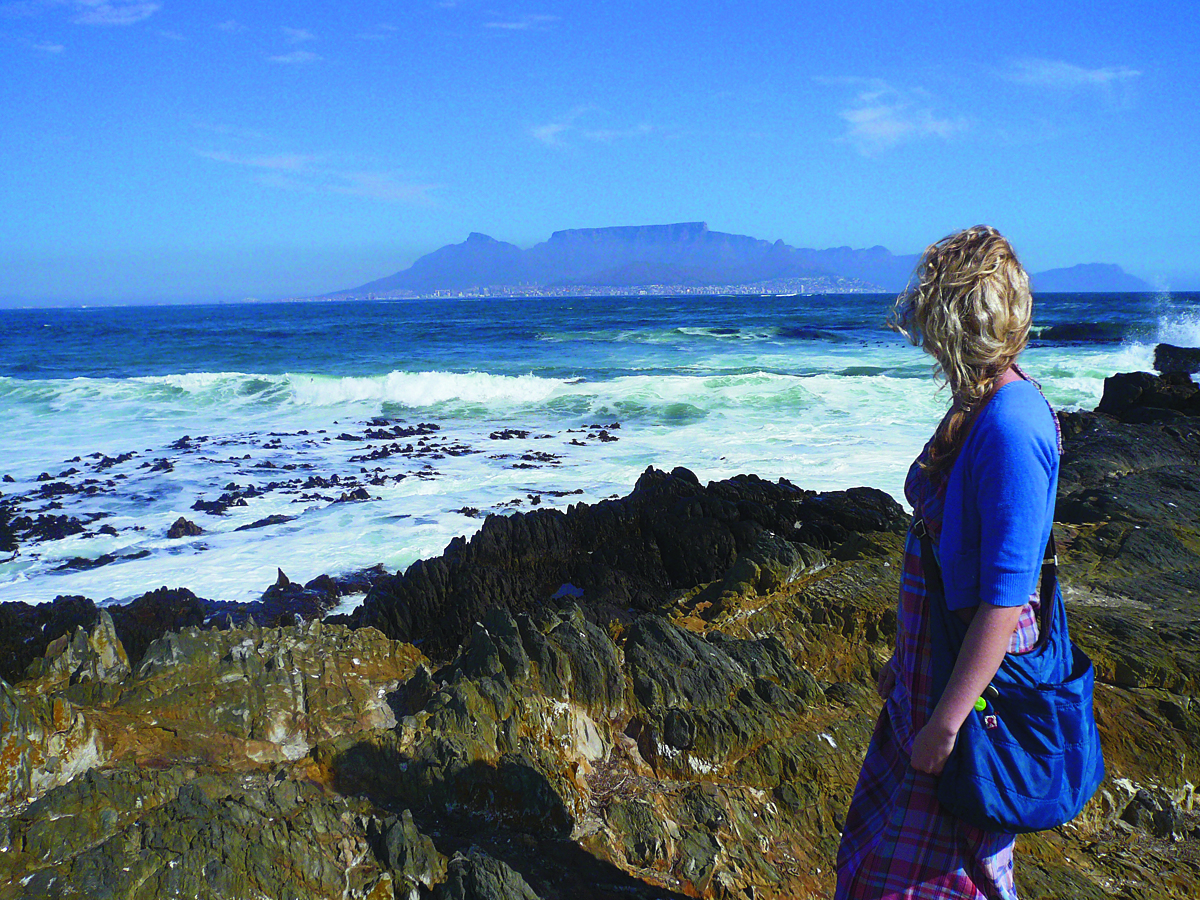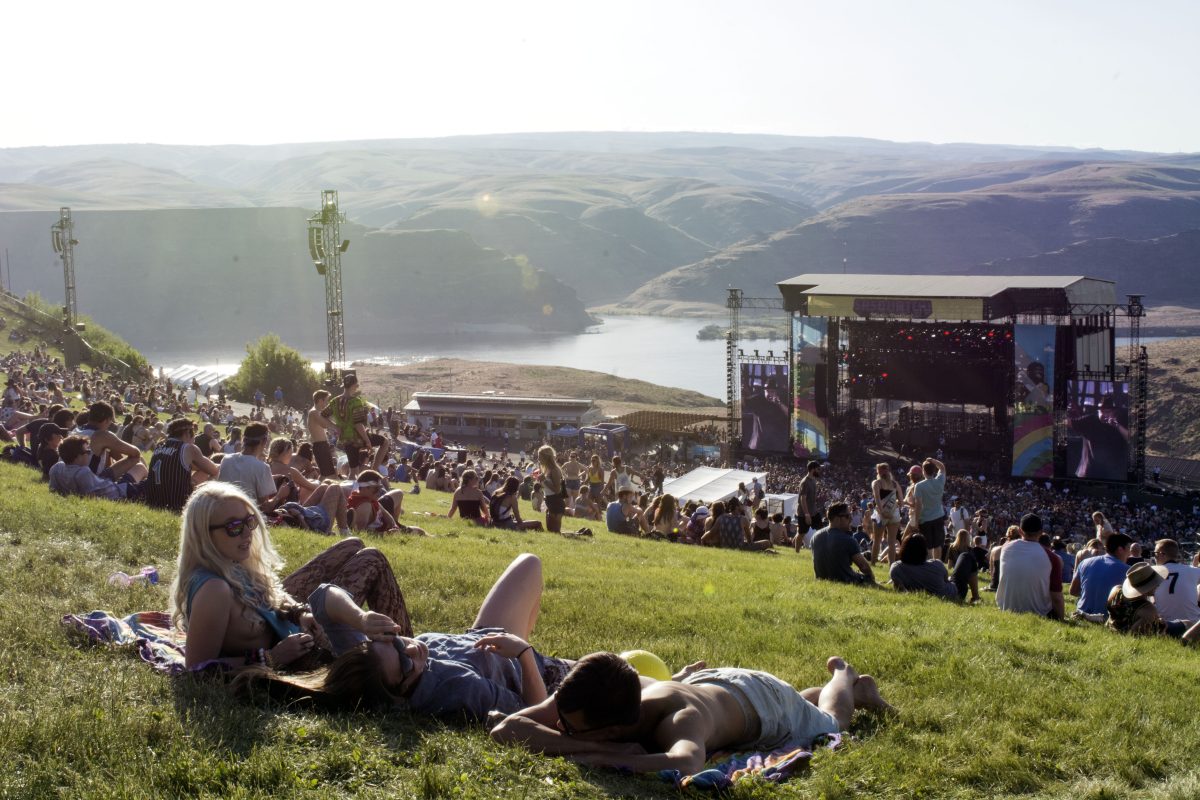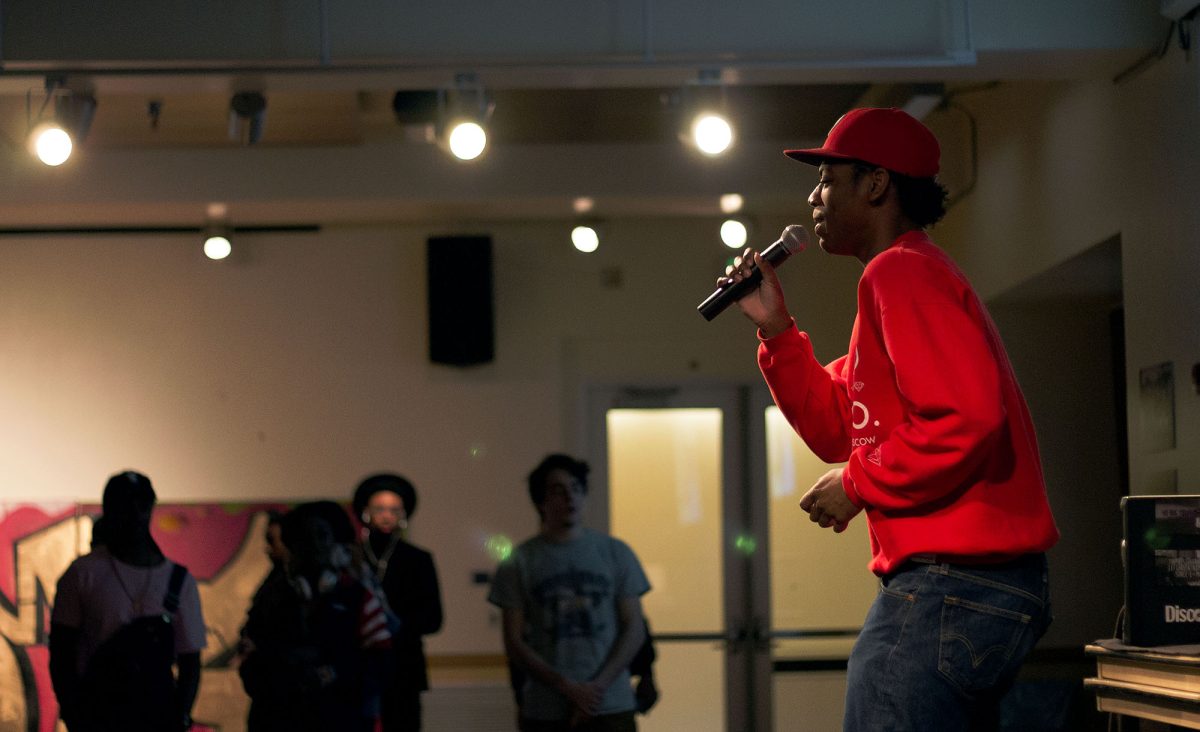Story by Alexandra Notman
Photo courtesy of Johanna Vlak
It was the night before Christmas when a man knocked on my grandparents’ door. He was a black man and, in 1993 South Africa, he was in the wrong neighborhood. I was watching television in the living room when my grandfather unlatched the door, revealing a tall, slim young man with his head bowed.
I could not hear the man, but could see his mouth moving quickly. With his back to me, I am not sure how my grandfather responded to the man, or if he responded at all, but my grandmother quickly disappeared into the kitchen. Moments later, she returned with a sack of food and handed it to the young man who nodded his head in thanks. They motioned for him to leave and latched the door behind him.
The whole episode lasted no more than a couple minutes, but I was completely mystified. Who was the stranger at the door and why had he come that night?
It was four months before the fall of apartheid, and segregation in South Africa was still thriving. As my grandfather explained after he closed the door, the man had come in search for food in a white neighborhood, from which he was forbidden from entering. All black South Africans over the age of sixteen were required to carry a passbook that specified where and when they could legally be in certain locations. A white South African of any age could demand to see a passbook at any time. Any black South African who violated this law could be arrested and potentially killed.
Many aspects of this holiday season had already left me with disquieting emotions for a nine-year-old. This was my first time abroad, the first time I had seen the land where my mother spent her childhood, and it was the first time I stepped foot into my grandparents’ home.
I have returned to South Africa four times since that Christmas and there has been significant change. In April 1994, apartheid was abolished following the election of the African National Congress. A month later on May 10, 1994, after almost 400 years of European colonization, Nelson Mandela became the country’s first black president. In 1997, South Africa adopted one of the most progressive constitutions in the world, with priority given to human rights, including the legalization of gay marriage. There are no passbook laws now. There are no longer “white” or “black” neighborhoods.
But there is racism. On one of my recent visits to Cape Town, I was again watching television in my grandparents’ living room. The nightly news was on with a breaking story about four white students at South Africa’s University of the Free State. The male students created a video showing black housekeeping employees of the University who had been tricked into eating a meat stew mixed with urine. The video was meant to mock the University’s progress in desegregating student housing. As with many South Africans, I was horrified. Disgusted. Repulsed. There were protests, the University banned two of the students from campus, and this past summer the students pled guilty to charges of “illegally and deliberately injuring another person’s dignity.”
Beyond institutionalized racism like apartheid and hate crimes like that at Free State, there is a different kind of prejudice that has reared its head on the Cape. The legacy of colonial racism has been replaced with racism born from resentment. The kind of racism that travels in hushed tones in white social circles: The black government is so corrupt. It was better for everyone under apartheid.
Of course, some allegations are not unfounded. South African President Jacob Zuma has been accused of racketeering, fraud, rape, and will forever be known as the man who claimed showering would prevent him from contracting HIV after intercourse. And the ruling African National Congress party has a history rife with scandal. But corruption in politics is hardly unique to South Africa. The government is not corrupt because it is run by black politicians; the government is corrupt because it’s run by politicians.
When I raised this objection with white South Africans who say they preferred their lives under apartheid, a common response has been, “But it was better for blacks too.” The economy was better, they say.
Is a better economy worth the legalized segregation and oppression of millions of people? I would suggest posing this question to the tour guides on Robben Island, home to the apartheid-era political prison that held Nelson Mandela for eighteen years. The guides too were once political prisoners and they will tell you about the years they spent damaging their lungs during forced labor in the island’s quarries, the torture they were subjected to by the guards, the death of fellow prisoners who were denied medical care, and the families who were torn apart. Or ask the millions of black South Africans who lived in a police state where they were the enemy and the victim. Or the millions of black South Africans who lived without clean water or electricity.
In December, I drove past Khayelitsha, a shantytown of 400,000 people where the majority of residents live in shacks cobbled together with cardboard and tin. Cape Town and Johannesburg have been deemed some of the world’s most dangerous cities, and South Africa has more people living with HIV/AIDS than any other country. But serious flaws could be pointed out in any nation, including the United States.
Is collective memory so brief as to rationalize returning to an era of institutionalized racism? Can we really say to our fellow man that it would be best to return to the past? Or perhaps we can choose to be dissatisfied with the past and the present and progress toward a future where the choices are better than oppression or corruption.
Spending time in South Africa has forever changed my perception of humanity, demonstrating that laws are easier to change than mind-sets. As Nelson Mandela once said, “There is nothing like returning to a place that remains unchanged to find the ways in which you yourself have altered.”














